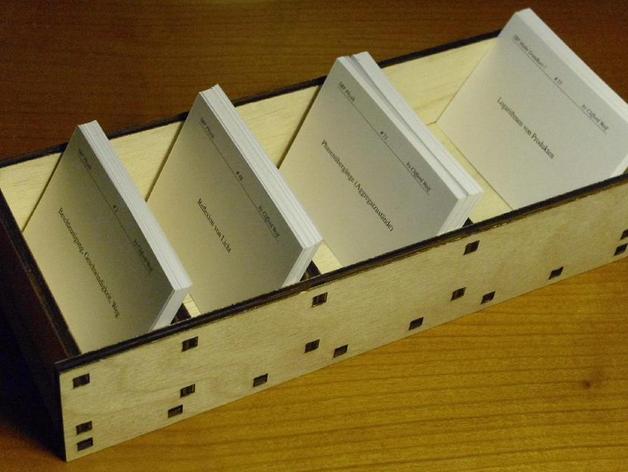A problem:
We leak memories. In school, we stock up knowledge and understanding — but it evaporates. Forgetting is quick and brutal, and impedes future comprehension.
We leak memories even of things that we value. College, for me, was a never-ending series of wows! (It probably helped that I picked my classes mostly on whim, based on which struck my interest.) And yet I can hardly remember anything from my history degree. I learned this the hard way when I tried to teach a European history class, and couldn't remember any of the delightful little stories I had obsessed over in college. Sometimes, now, I flip through my class books, and can't believe I've ever read them — there's just no memory there.
We're not even asked to value what we learn. In school we learn, and learn, and learn, but we're not given a chance to determine what things, specifically, we love.
Our basic plan:
Students keep, and regularly review, a collection of what they've found most valuable, or interesting, or wonderful, or important.
Each day each student adds to their collection, creating 1–2 flash cards that encapsulates what they've learned that they most love. Flash cards are made elegantly (however the student defines that) and are stored in a Leitner box.
Each day each students reviews their collection, using a spaced repetition system wherein newer cards get reviewed more frequently, and older cards get reviewed less frequently.
Over weeks and months, everything that students enter into their Leitner boxes gets engraved in their memories: they carry around their favorite knowledge wherever they go, and will for the rest of their lives.
The act of reviewing can be a delight: a chance to re-taste some tasty bits of knowledge and to re-visit their past selves ("Why did I ever think this was interesting?!"). It's also a chance to combine knowledge in new arrangements, making connections between information that was previously unrelated.
Eventually, we may transition the cards to a computerized spaced repetition system, like Anki.
Our goals:
Theologian James K. A. Smith writes:
our identity is shaped by what we ultimately love… what, at the end of the day, gives us a sense of meaning, purpose, understanding, and orientation to our being-in-the-world.
Our hope is that the Leitner boxes provide a chance for students to consciously ponder and freely choose those things, and to reflect on them more deeply (and ultimately build them into themselves).
Thus the goals for this really are that students experience more autonomy in school, see what they learn in school as an opportunity to build themselves, and ultimately care more deeply about what they learn.
If you walk into our classrooms, you might see:
Students slowly going through their day's reviews, smiling in reverie.
At the end of the day, the whole class pausing for ten minutes to reflect on what they've learned, and to carefully make two flash cards out of the choicest bits.
Some specific questions:
- Each kid should get a specific box, but what sort of box that is, and how it looks (or is decorated) should be up to the individual student.
- "Flashcard" connects soul-crushing tedium, but these flashcards are exactly the opposite! Should we avoid the word "flashcard"?
- 1–2 cards per day — is that a good number?
